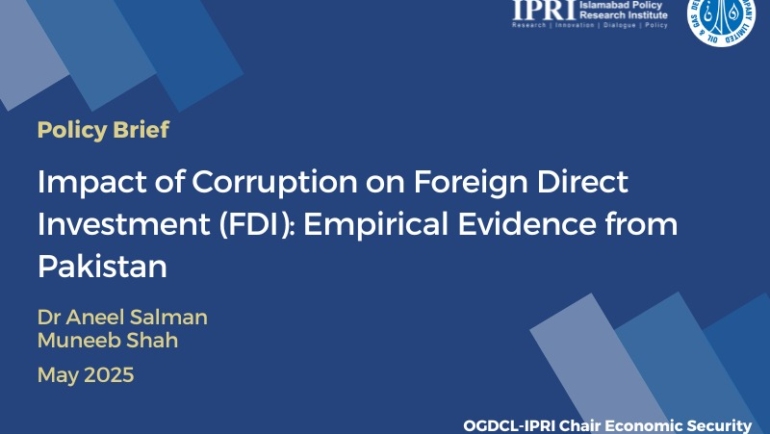Policy Brief 12/09/2025
India and China have longstanding border disputes on all the three sectors that date back to the pre-partition colonial era. Aksai Chin remains a point of friction in the western sector due to the existence of simultaneous border demarcations i.e. McCartney-MacDonald Line and Johonson Line. In the eastern sector, China claims Arunachal Pradesh (called Zangnan by the Chinese authorities) as the Chinese government was excluded from McMahon Line’s demarcation. These disputes led to a full-scale war in 1962 due to Nehru’s aggressive ‘Forward Policy’. Since Modi’s ascension to power, the border disputes have again transformed into border confrontations. In 2017, Indian forces forcibly prevented Chinese road construction in the Galwan region and violated the sovereignty of Chinese territory. In 2020, the Indian military buildup and aggressive posturing in Pangong Tso Lake and Galwan resulted in a border standoff in the western sector, and in 2022, in the Tawang region of Arunachal Pradesh in the eastern sector. Due to Modi’s hostile strategic orientation and border policy, the long-dormant disputes have again flared up, threatening the overall peace and stability of the region.

